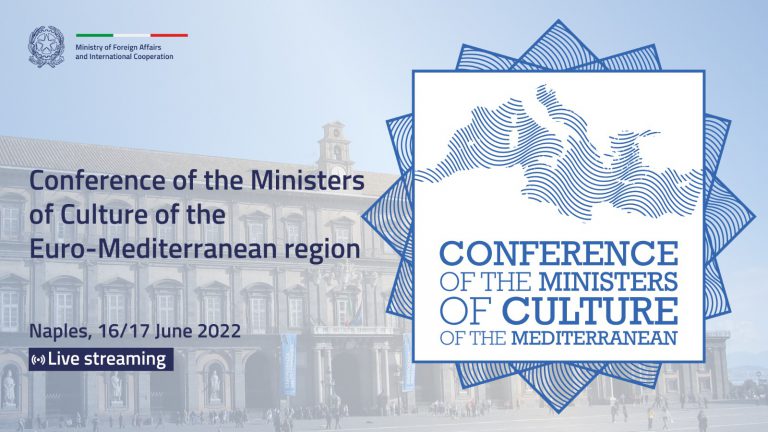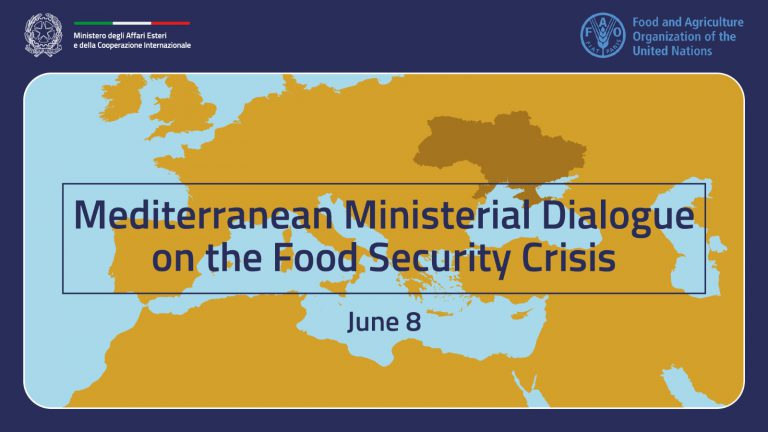Amid terrible days in the Middle East, the 20th anniversary of the murder of Rabin
Yitzhak Rabin: beloved Israeli leader and Nobel laureate, whose image remains inextricably linked with that of Palestinian leader Yasser Arafat, whose hand Rabin shook on the White House lawn under the gaze of Bill Clinton. It was precisely that Israeli-Palestinian accord in the early 1990s that formed the first generation of young people to grow up in that magic, battered land with the prospect of peace – an extraordinary phase that was rudely interrupted by Rabin’s murder. Those same young people now run the risk of losing that hope forever, as their parents before them, survivors of so many wars, and of seeing their children born into a world of mounting chaos.
Dangerous winds are blowing across the Middle East, in the wider context of a region staggering under the burden of new and terrible conflicts that could potentially relegate the Israeli-Palestinian question onto the sidelines of the geo-political chessboard. In reality, ensuring Israel’s security and the birth of a Palestinian state remains key to the region’s stability. Rabin’s life could offer some clues to recognising two elements that are essential to the pursuit of peace: wars do not always consist of good guys and bad guys; often degrees and vicissitudes are what make the difference. Moreover, peace does not lie in sudden heroic solutions, but in painstaking commitment and willingness to compromise.
One-time youthful member of the Palmach, Rabin was one of the founders of the Israeli Defence Forces (IDF). After leading the covert battle against the English, who ruled Palestine at the time, he did not hesitate to combat those Israelis intent on continuing the armed conflict against the Arabs even in the wake of independence. He contributed as a soldier to the conquest of Jerusalem in 1948 and, as chief of staff, to the defeat of the Arab coalition in the six-day war. Subsequently appointed Ambassador to the U.S., Minister for Labour and for the Defence and, finally, elected Prime Minister for the Labour Party, Rabin’s harsh repression of the first Intafada did not impede him — after 40 years of fighting — from seeing a glimmer of hope beyond perpetual war in the prospect of “compromise”. And it is perhaps that word, more humble that “peace”, that we should keep in mind as we seek to avoid further disappointment and frustration; as writer Amos Oz explained: “in my world the word compromise is a synonym for life. Where there is life there are compromises”.
The Oslo Accords were certainly imperfect, but they allowed for hope across the region and to this day constitute a point of departure for any attempt at negotiation. The peace process is at a standstill, which fuels new tensions and leads to more casualties. Nevertheless, it would serve no purpose to reject those accords forged 20 years ago, and that today could point the way to anyone tenaciously seeking to relaunch the talks.
Coming to agreement now — and not only in the Middle East — are often those fighters who have attained authority on the ground and who do not hesitate to put their own lives on the line for the good of future generations. The lessons of Yitzhak Rabin are more alive than ever.







